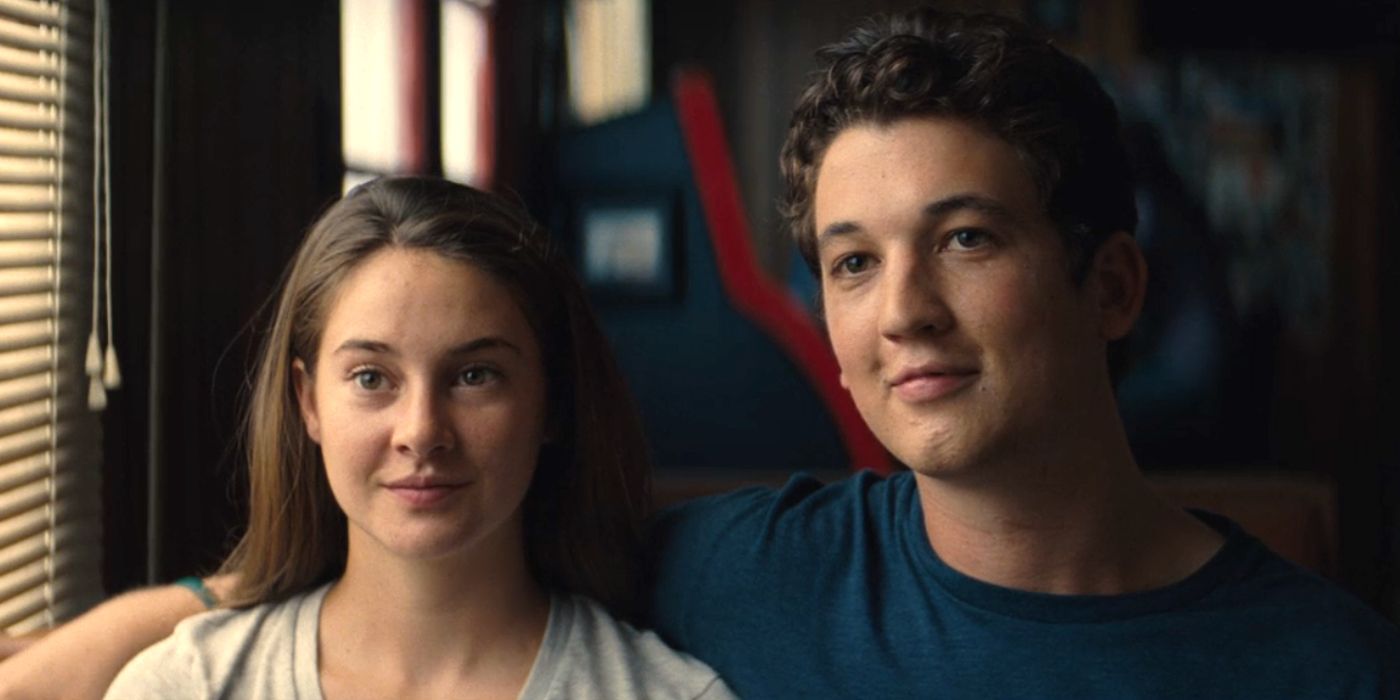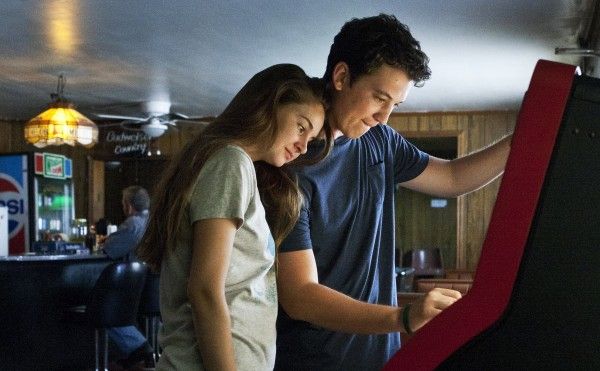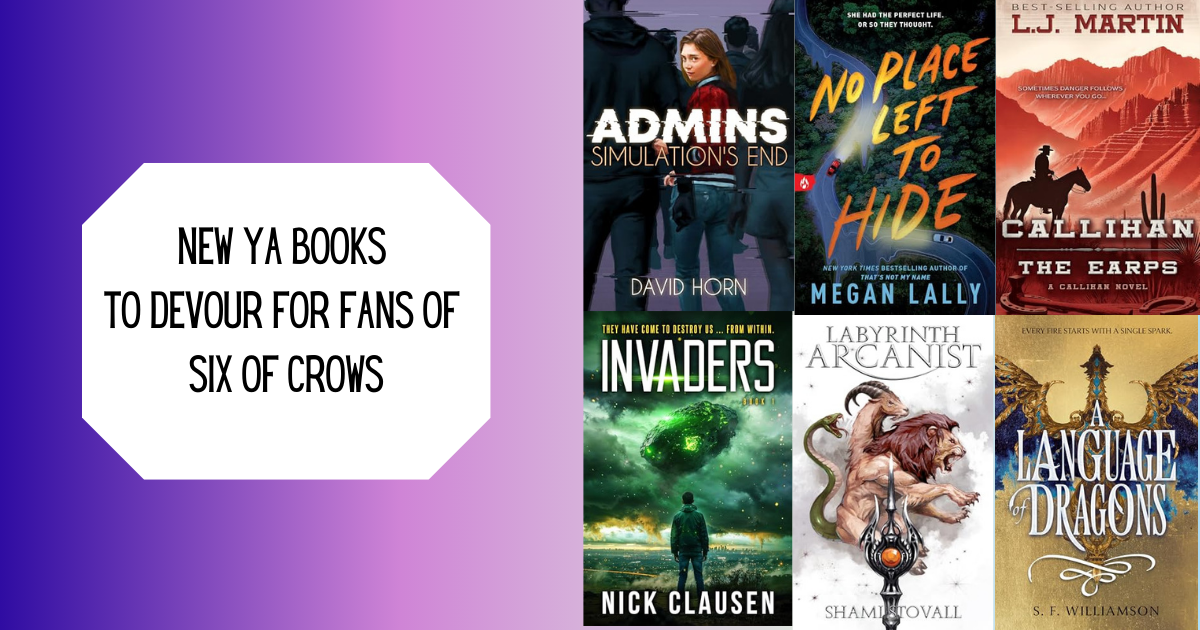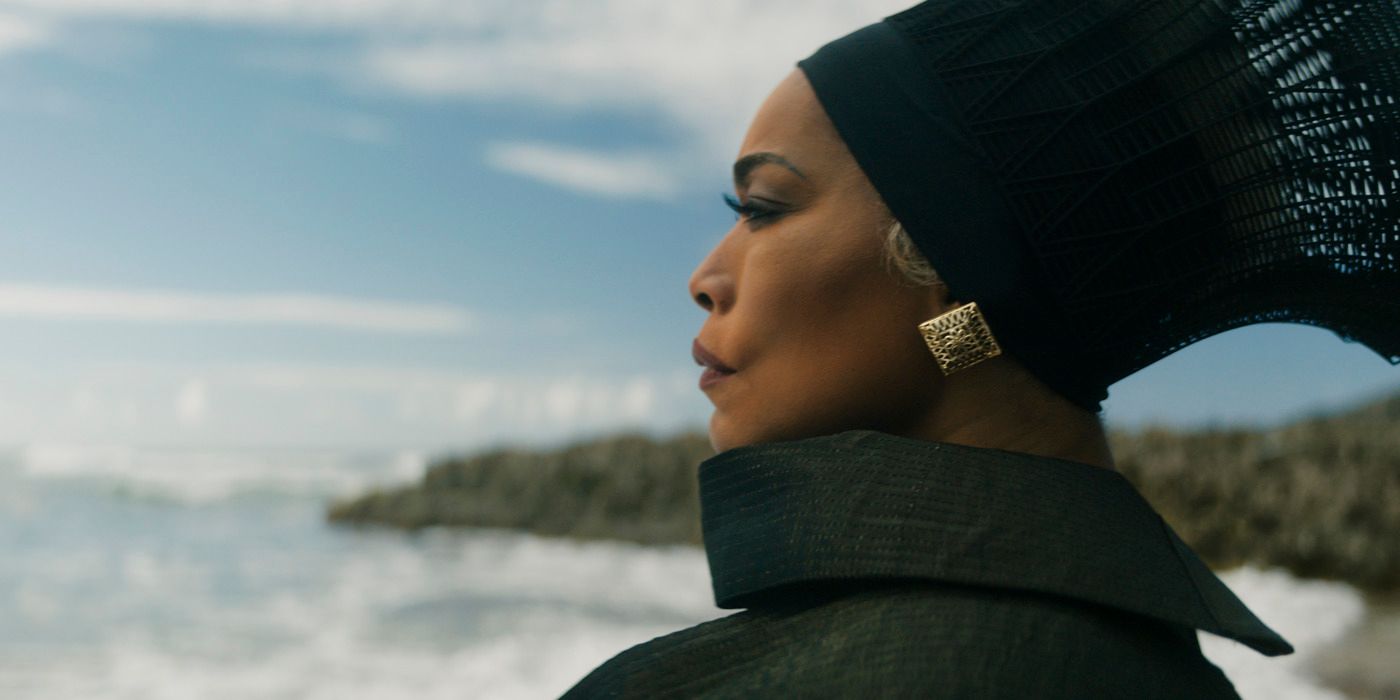It happens so often in romance movies: the popular boy notices the unpopular girl outside his lofty high-school circle and develops feelings for her after realizing that she’s not like other girls. Within the narrative, it’s meant to be a compliment to the girl, but really just ends up being insulting and condescending to every other woman not only in the movie but on the planet in general. Aimee Finicky (Shailene Woodley) of The Spectacular Now seems like prime material for this trope. She’s not one of the cool kids, she reads manga, she’s an introvert…in short, a present waiting to be opened by a discerning cool kid in need of a manic pixie dream girl. But that’s not what happens. Instead, The Spectacular Now subverts expectations by making Aimee exactly the kind of girl whom you could have expected to run into at your own high school, or whom you yourself might have been when you were seventeen. By doing so, it shows that you don’t have to be extraordinary to be loved, and to hold a meaningful place in someone else’s life.
The Spectacular Now tells the story of Sutter Keely (Miles Teller), a kind, charismatic, hard-partying high school senior with no plans for the future. He and his whiskey-spiked supersized soda cup live in a carefree, oblivious “now” that provides a seemingly effective barrier to any potential anxieties the world may be throwing his way. But after a bad breakup and a night of exceptionally hard partying, Sutter wakes up in a random front yard. The yard turns out to be that of his shy, studious classmate Aimee Finicky, who finds him passed out during her paper route. Over time, the two develop feelings for each other. However, Sutter’s got some serious issues which, in the end, a carefree attitude and ever-present container of alcohol can’t fix.
So often, the seemingly socially inept girl will turn out to be Very Cool and Highly Unusual; she just doesn’t care what other people think of her, because she doesn’t subscribe to the plebeian high school sensibilities that weigh down everybody else. But, unlike what teen movies have taught me to expect, the shy nerds of my decently recent high school years rarely had any more or less wisdom to drop than their more socially active counterparts. Aimee is an excellent reflection of this underrepresented truth, because she’s incredibly ordinary, and doesn’t have that much insight to bestow upon the world. And that isn’t a bad thing–it just makes her human. When Sutter meets her for lunch after helping her with their newspaper route, he asks her to tell him a story about herself. She says she doesn’t have one, and that additionally not everyone has to have a story. This sounds a lot like bestowing wisdom, but all the events of the movie that follow this conversation show that she’s wrong: she very much has a story, and it informs who she is, just as Sutter’s past is part of what informs his present issues. She simply didn’t feel comfortable enough with Sutter yet during their first lunch together, even though she obviously was enjoying his company. Part of their dynamic is that they’re polar opposites: Sutter can start a conversation with everybody, while it becomes clear that Aimee finds social interaction much more daunting, even if she likes the person she’s talking to. And this isn’t super cool or not cool of her–it’s just the way she is, and to most people would be seen as a fault and a reason not to try to get to know her.
Like many other people, Aimee opens up when asked about her interests, which are unlike those of Sutter’s friends. And it’s nice when people tell you about their interests, especially if you know nothing about them, or are surprised by them. The film doesn’t treat this interaction, or her quirky interests, with any special importance, or make it a scene where Sutter visibly falls for her. In fact, at this point in the movie, his intentions with her are dubious: he’s charismatic towards her and shows curiosity about her interests, but is also using her as a free math tutor and still sending flirty messages to his ex-girlfriend.
Part of what saves Aimee from being not like other girls is her role in Sutter’s story. If anything, he’s the one trying to improve her life – to get her partying more, to make more friends, to stand up to her mother. She doesn’t resist; she happily goes along, because she’s very innocent, and ultimately trusts him in a way that is very reminiscent of many high school and college girls. But Sutter is also the villain in both his and Aimee’s stories, and there’s a level of vanity and carelessness in their relationship on Sutter’s part that, initially, he isn’t willing to acknowledge. Aimee doesn’t actually need his help, but Sutter has a hungry desire for affection and approval, and being in social control of a situation – which is part of why he likes being around the trusting, affectionate, socially awkward Aimee. In the meantime, he tries to reconnect with his ex-girlfriend, Cassidy (Brie Larson). This isn’t to say that his feelings for Aimee were all fake; when Cassidy is completely out of the picture, it becomes clear he’s genuinely attracted to Aimee. The events leading up to and after prom especially show us that he seems to very much care about her and their relationship. But another snag arises when Aimee brings up the possibility of moving in together during college. Part of Sutter’s addiction to the now is not being able to have relationships that look to the future, rather than simply living in the present. But again, Aimee makes him happy, and he doesn’t tell her. That’s the worst part of their relationship–that, on so many occasions, despite having real feelings for her and good intentions, he’s also simply stringing her along. Things come to a head when Aimee tells him she loves him; perhaps this is because they’re driving back from their visit to Sutter’s estranged father (Kyle Chandler), whom he hasn’t seen or spoken to in years. Despite Sutter’s high hopes for the visit, it turns out his father is and has always been incredibly selfish and uncaring. While Aimee tries to comfort Sutter by confessing her love for him, this love–coming from someone as trusting as Aimee–only fortifies his guilt about how he’s strung her along, and leads him to draw parallels between himself and his terrible father. He knows how he’s been wronging her, and the fact that she’s unaware of these failings only makes them worse. This leads to him telling her he’s bad for her; angry and drunk, forces her to get out of the car. Crying, Aimee does, and is promptly hit by a car. Luckily she only breaks her arm. However, she easily forgives Sutter. In a way, this forgiveness forms one of the breaking points for their relationship: quite simply, Sutter knows he doesn’t deserve to be forgiven that easily. Rather than work through his issues, he breaks Aimee’s heart.
When we first meet Aimee, it seems the guns are loaded for her to be the manic-pixie-dream girl who gives new meaning to Suttter’s life. Only that’s not what happens. She doesn’t take his hand and guide him to salvation; instead, their relationship shows him just how deep rooted and suffocating his issues really are–and how long he’s been lying to himself about them. But he can’t rely on her to save him. He has to learn to save himself–and live without the crutches of alcohol and a refusal to look to the future. The film’s ending is ambiguous: Sutter drives to Aimee’s college and walks up to her just as she’s leaving class, and she smiles faintly.
The fact that Aimee so guileless and unexceptional honestly makes her an even more likable character. Shailene Woodley’s performance adds to this: Aimee’s laughs are all slightly nervous, and she’s genuinely awkward. Not the Jessica Day “quirky” awkward that’s seen so often in comedy, but true, genuinely unsure of myself, don’t know what to do with my hands, is what I’m saying secretly stupid awkward. Aimee and Sutter are people we’ve gone to school with, and who in some capacity maybe have even been at some point in our high school lives. Part of growing up is realizing other people can’t solve our problems. Another part is the people we meet along the way, and how they affect us. You don’t have to be extraordinary to touch another person’s life.























































![Social Media Spring Cleaning [Infographic] Social Media Spring Cleaning [Infographic]](https://imgproxy.divecdn.com/9e7sW3TubFHM00yvXe5zvvbhAVriJiGqS8xmVFLPC6s/g:ce/rs:fit:770:435/Z3M6Ly9kaXZlc2l0ZS1zdG9yYWdlL2RpdmVpbWFnZS9zb2NpYWxfc3ByaW5nX2NsZWFuaW5nMi5wbmc=.webp)
![5 Ways to Improve Your LinkedIn Marketing Efforts in 2025 [Infographic] 5 Ways to Improve Your LinkedIn Marketing Efforts in 2025 [Infographic]](https://imgproxy.divecdn.com/Hv-m77iIkXSAtB3IEwA3XAuouMwkZApIeDGDnLy5Yhs/g:ce/rs:fit:770:435/Z3M6Ly9kaXZlc2l0ZS1zdG9yYWdlL2RpdmVpbWFnZS9saW5rZWRpbl9zdHJhdGVneV9pbmZvMi5wbmc=.webp)
















